We recently connected with Greg Romero Wilson and have shared our conversation below.
Greg, looking forward to hearing all of your stories today. How did you learn to do what you do? Knowing what you know now, what could you have done to speed up your learning process? What skills do you think were most essential? What obstacles stood in the way of learning more?
Stand-up really is a life’s pursuit. Most professionals will tell you it takes about 10 years to really know what you’re doing up there. That time is slightly shortened nowadays because young comedians can consume hours and hours of standup online. Heretofore, this was something you had to do in person, night after night in the comedy club. But there is only so much you can learn from watching.
What that cannot supplant is the repetitions on stage and the time it takes to get those reps. THAT is what takes the most amount of time. And pain. And frustration. And commitment. And patience. This is usually where most people give up. So many have the talent. Few have the determination.
There just is not that much stage time available to new comics. And there are more people trying to do stand-up then ever. like, EXPONENTIALLY more.
That is where great education and coaching can make a huge difference. All of my classes are geared towards accelerating the process of becoming a professional comedian. Everyone that takes my classes will tell you I easily knock 3-5 years off the process. Sure you can figure it out on your own, by trial and error, one painful mistake at a time. Or you can let me show you exactly how stand-up comedy works and then you can maximize every rep you get onstage because you know exactly what you are supposed to do and how to do it.
It’s amazing how much stronger they can get, so much faster, when they just know what they’re doing instead of guessing at it.
And the biggest difference between my education and everyone else’s is that most comedy teacher’s can only teach comedy one way, how they do it. I give comics specific formulas and dynamics they can apply to THEIR comedy. So they can do THEIR comedy, THEIR way, better. Faster. More effectively.
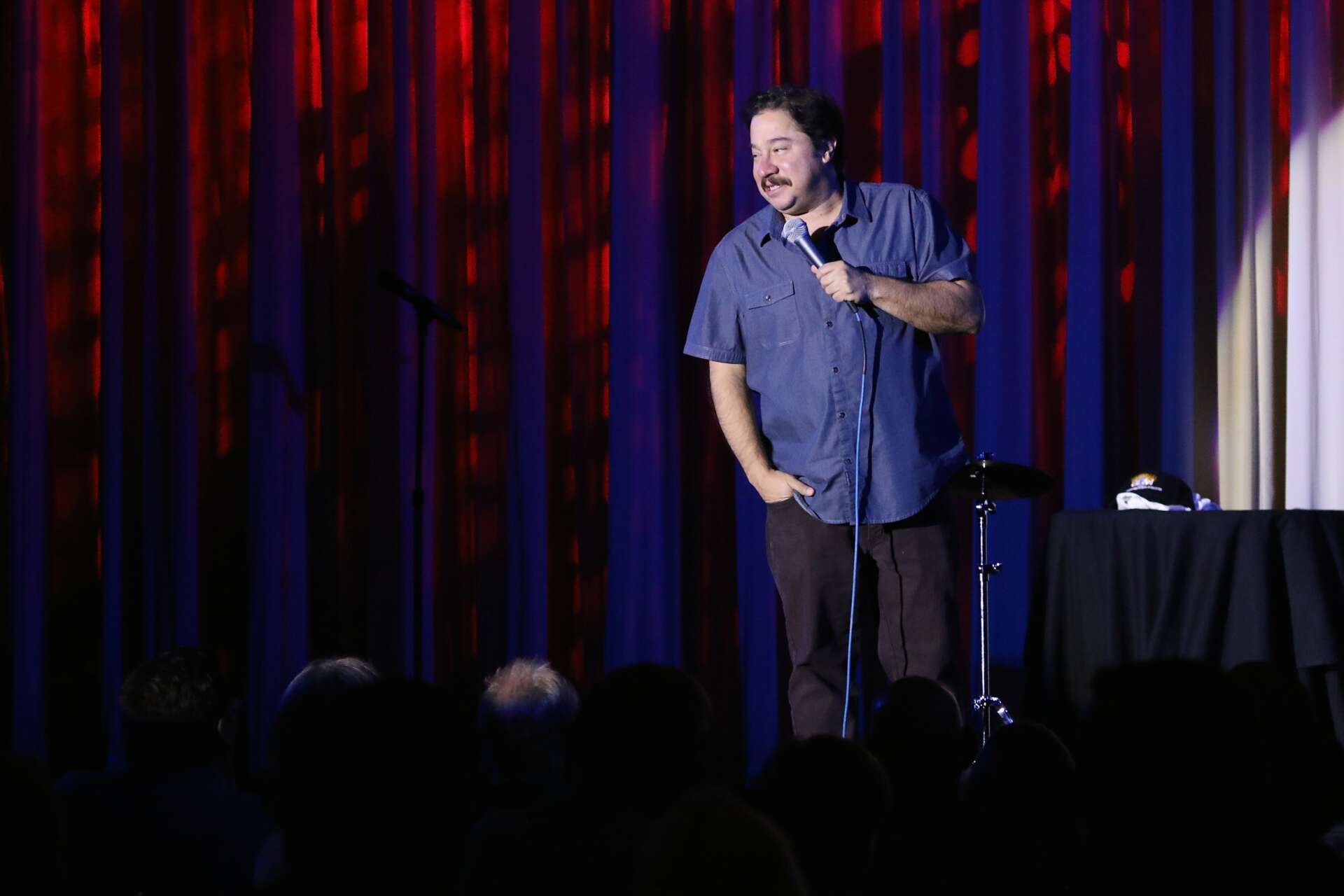
Greg, before we move on to more of these sorts of questions, can you take some time to bring our readers up to speed on you and what you do?
I started doing comedy in 1989 at 18 years old in Dallas, TX. I did stand-up twice before discovering troupe improv. Did that professionally with Ad-Libs for most of the 90’s. During that time I also did sketch comedy professionally for a bit and then in 1999 I returned to stand-up and made it my complete focus.
In 2000 I moved to NYC. Between 2000-2006 I got “passed” at every single club in Manhattan including the legendary Comedy Cellar. I became the star of the Comedy Madhouse, which would become the biggest stand-up/variety show in NY performing to thousands of fans every Saturday at Broadway’s famous Supper Club. Including 2 sold-out shows at the Theater at Madison Square Garden.
In the process I also became a popular talking head on VH1 shows like “Best Week Ever”. And would eventually rack up several TV stand-up performances on Showtime, “Comics Unleashed” and “Comedy.TV”.
Around 2001 I took a stand-up workshop at Gotham Comedy Club. And I didn’t learn a thing. I left very frustrated. I decided right then that one day I would teach a real workshop that actually taught comics how to do stand-up. Of course, I thought that would be something I would do like 20 years down the road, when I retired from being a touring comic.
In 2006, I moved to LA to expand my acting career (over 30 major TV and movie credits to date). I immediately became one of the house “closers” at the Laugh Factory alongside Dane Cook and JoKoy. But most of my new material I was working out at the HaHa Cafe in North Hollywood.
It was the at the HaHa that the owner noticed I was giving tips and punchlines to all the open-mic comics and suggested I try teaching a workshop. I patently rejected the idea. But then I started making notes.
What would I say? What can I tell them that I wish someone had told me?
Pretty soon I had a PILE of notes. And those notes became my first and still my foundation workshop, “Mastering Stand-up”.
It was 4 hours long.
I’ve since broken into specialty workshops to allow me to settle into the individual areas more thoroughly: Crowd Work & Riffing, Storytelling, Hosting, Handling Hecklers and the 5-week Pro Workshop.
I always knew I’d have student comics eventually pass me by in the industry. That’s just how comedy works. Some guys get hot, some cool off. No one ever really stays hot the entirety of their professional career. And I’m proud to say I have many, many very successful comics and a few famous ones now. If you go to my website you’ll see testimonials from a couple of them.
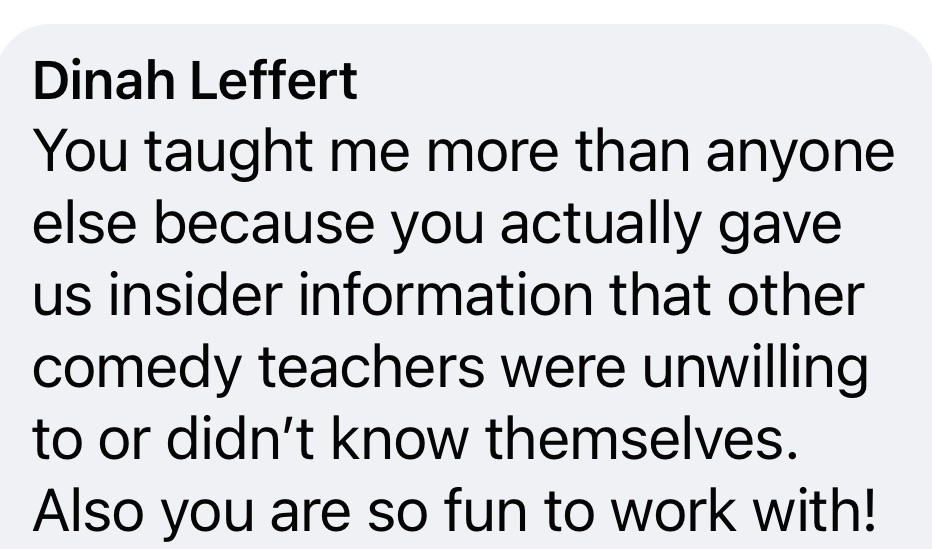
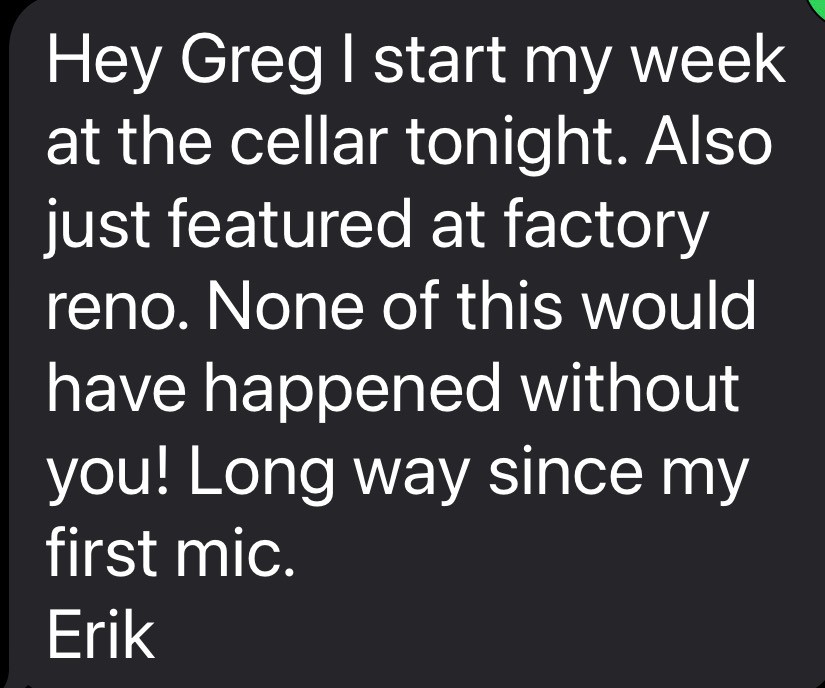
How about pivoting – can you share the story of a time you’ve had to pivot?
The biggest change in comedy teaching was the way the pandemic actually advanced everyone’s comfort level with online learning.
Before the pandemic, I had never used Zoom and I certainly didn’t want to teach “online”. Stand-up comedy is such an in-person experience, I just did not think it would work online. And comics did not want to take an online class either. It was all very traditional. I would rent out a space (usually at a club I was playing on an off night or in the afternoon) and they would come and I’d coach them.
It was also very limiting. I could only coach comics in LA or the towns I would be visiting to do my shows. And let me tell you, there is NOTHING more exhausting than doing 2 shows Friday night, waking up and teaching a 3-4 hour workshop Saturday afternoon, then quickly transitioning back into “show mode” for 2 more headlining performances.
But now, with online courses and Zoom coaching I can work with anyone anywhere, and have. I have worked with comics in the UK and India, it’s all very exciting and fun although the timing can be a bit challenging. But it’s cost effective and most of the comics actually prefer it now.
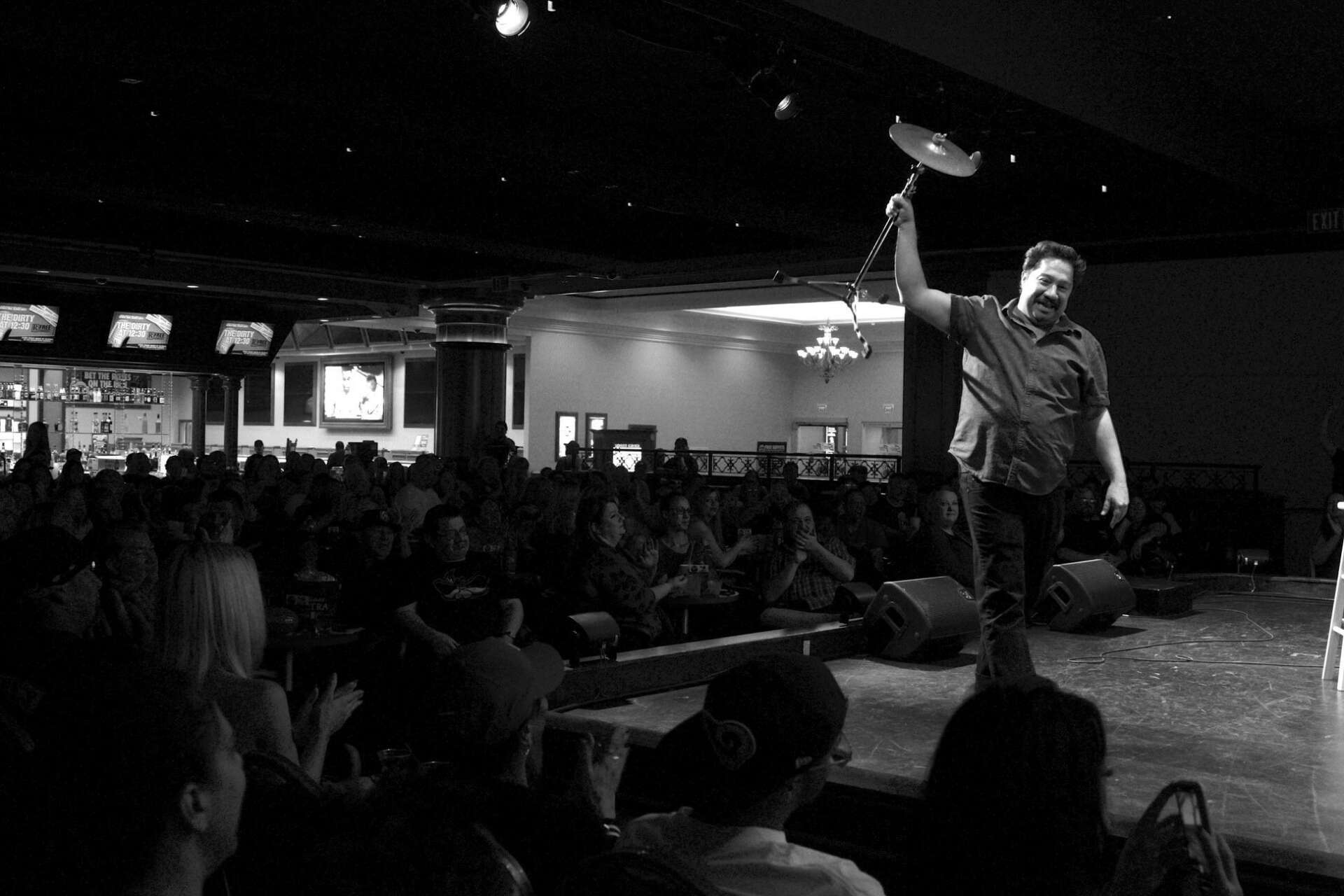
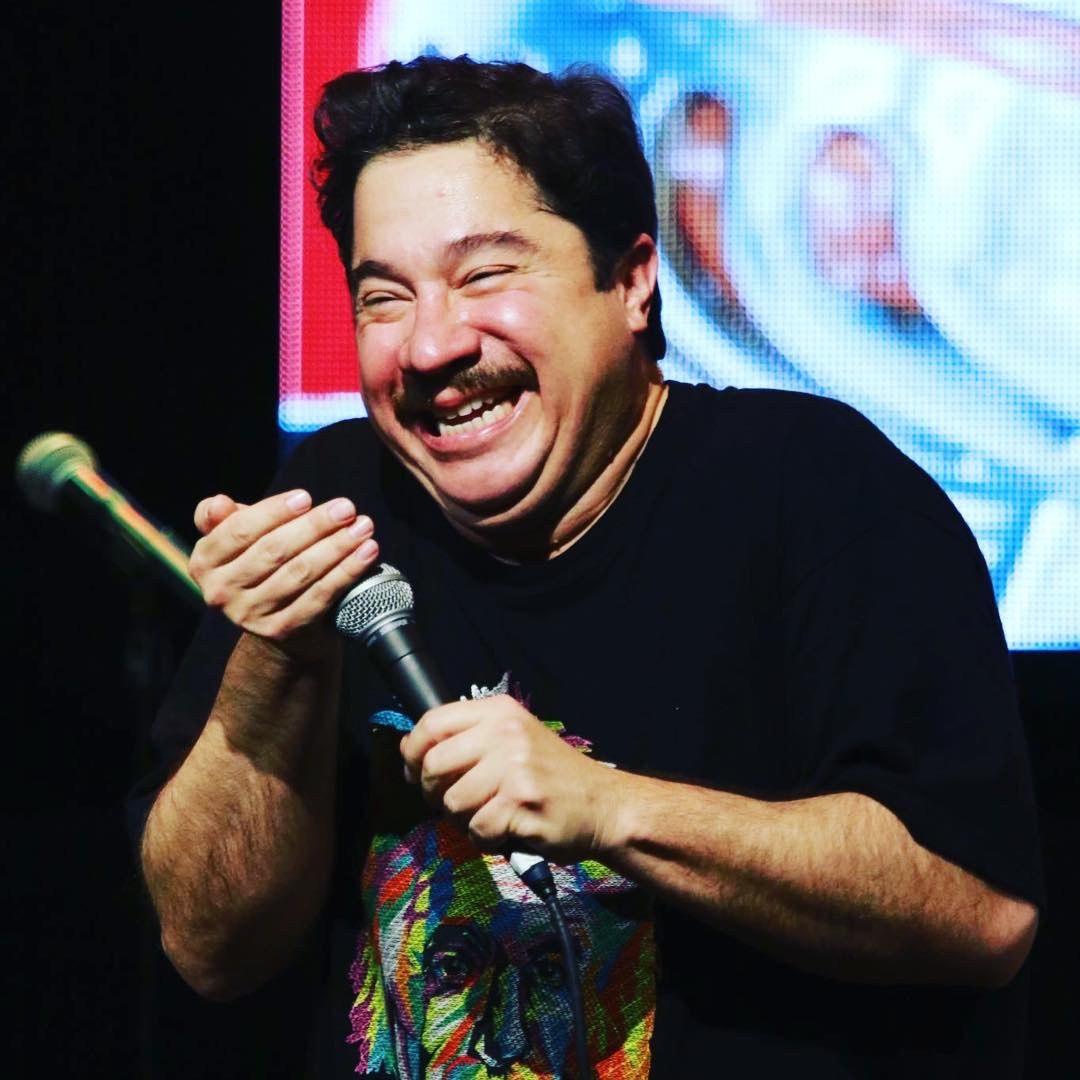
Do you think there is something that non-creatives might struggle to understand about your journey as a creative? Maybe you can shed some light?
I think the one thing that non-creatives have to keep in mind is that just because an artist isn’t famous, it doesn’t mean they aren’t incredibly good at their craft. Just because an artist doesn’t have a massive social media following, it doesn’t mean they aren’t worth going to see.
Conversely, just because someone is famous or has a huge social media following it does not mean they are the absolute best at their craft. They just caught a lucky break others haven’t yet.
But go see BOTH. They are both worthy of your time and it is often more exciting to discover someone on your own than just go by the name and numbers game.
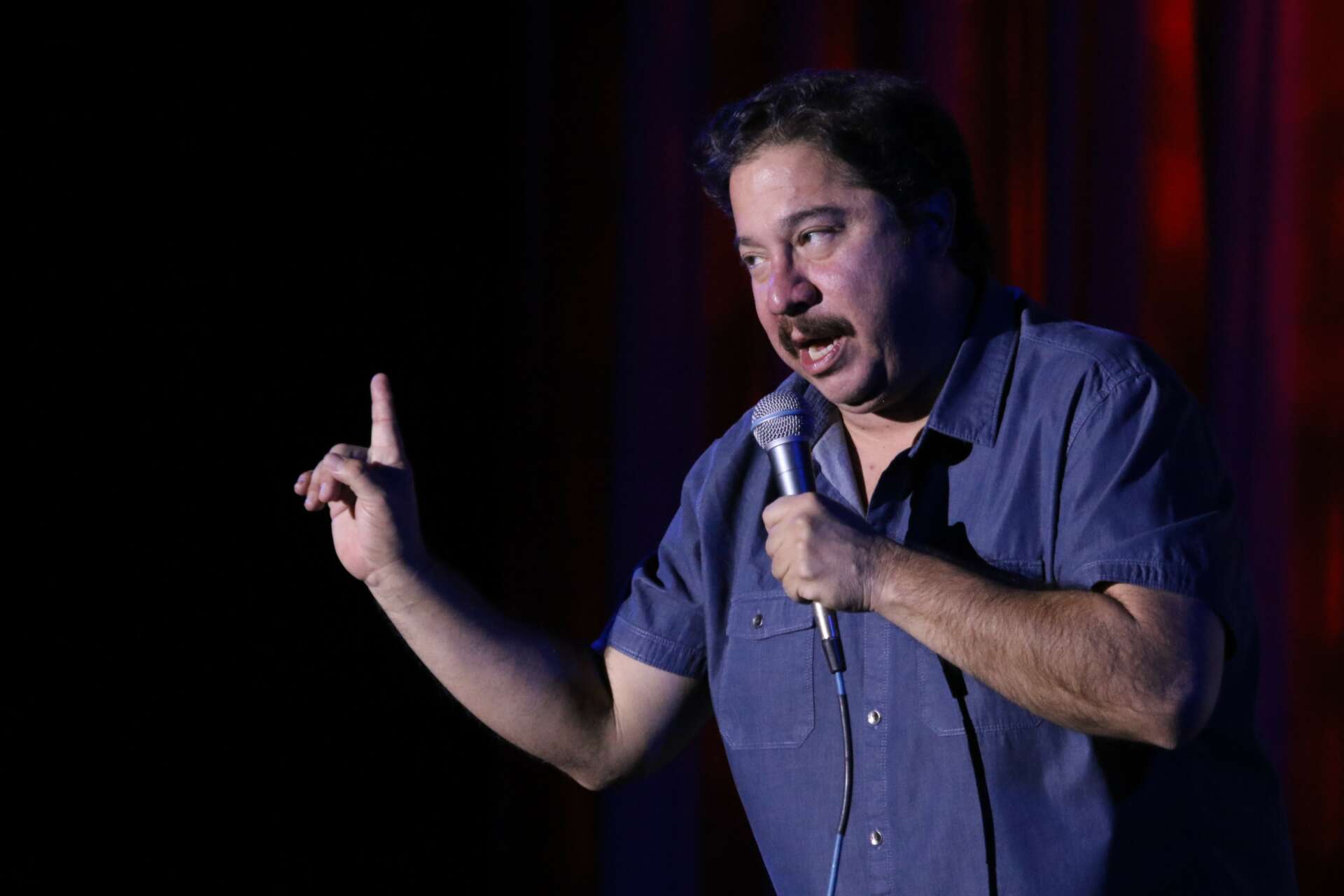
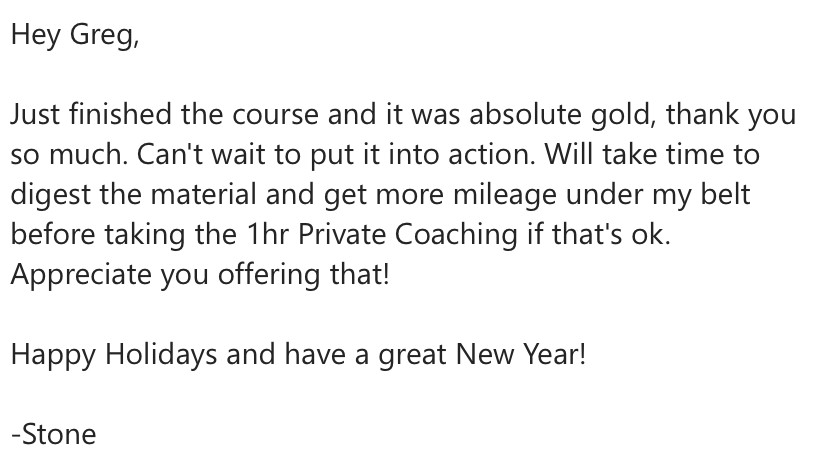
Contact Info:
- Website: thecomemedyinstitute.com / comedyinstitute.teachable.com
- Instagram: @gregromerowilson
- Facebook: facebook.com/thecomedyinstitute
- Youtube: youtube.com/gregromerowilson
- Other: I plan to launch a TCI page on IG and TikTok before years end. It’s in the works.
Image Credits
performance photos – Tina Campise, IG: @quickstylephoto headshot – John Morgan, IG: @morgan.jc


